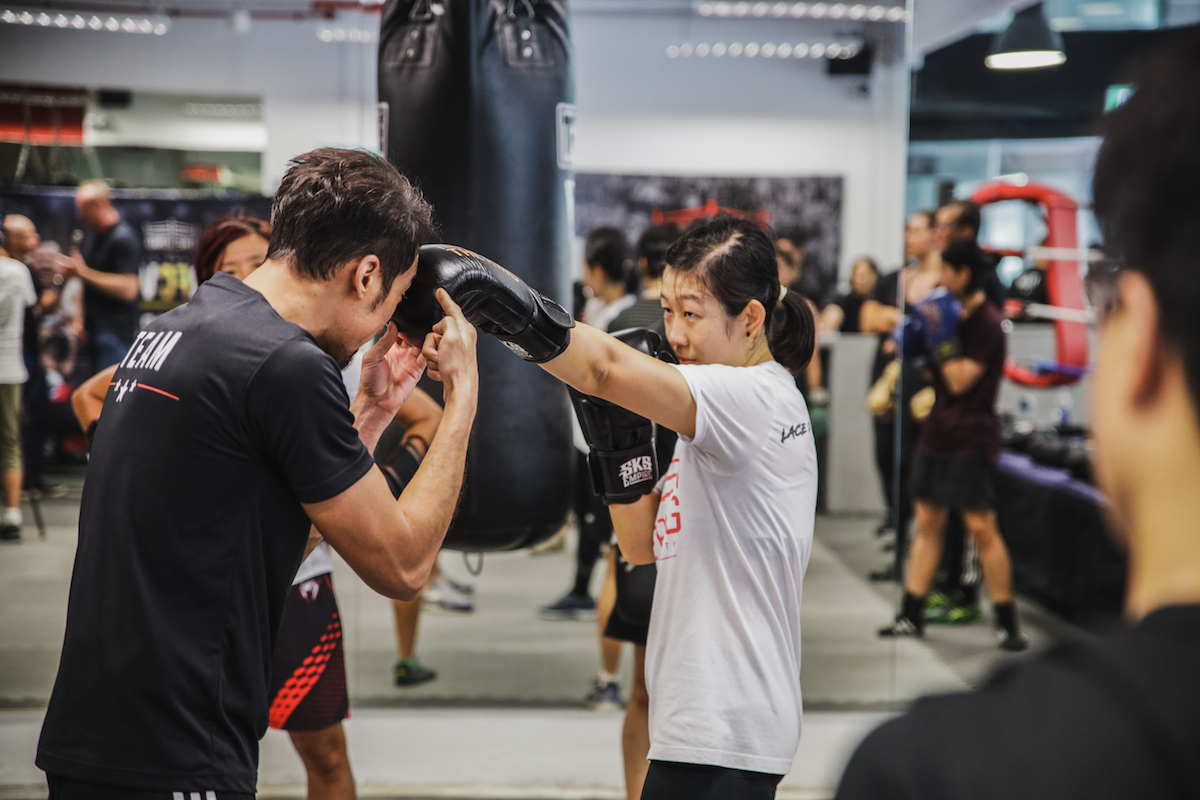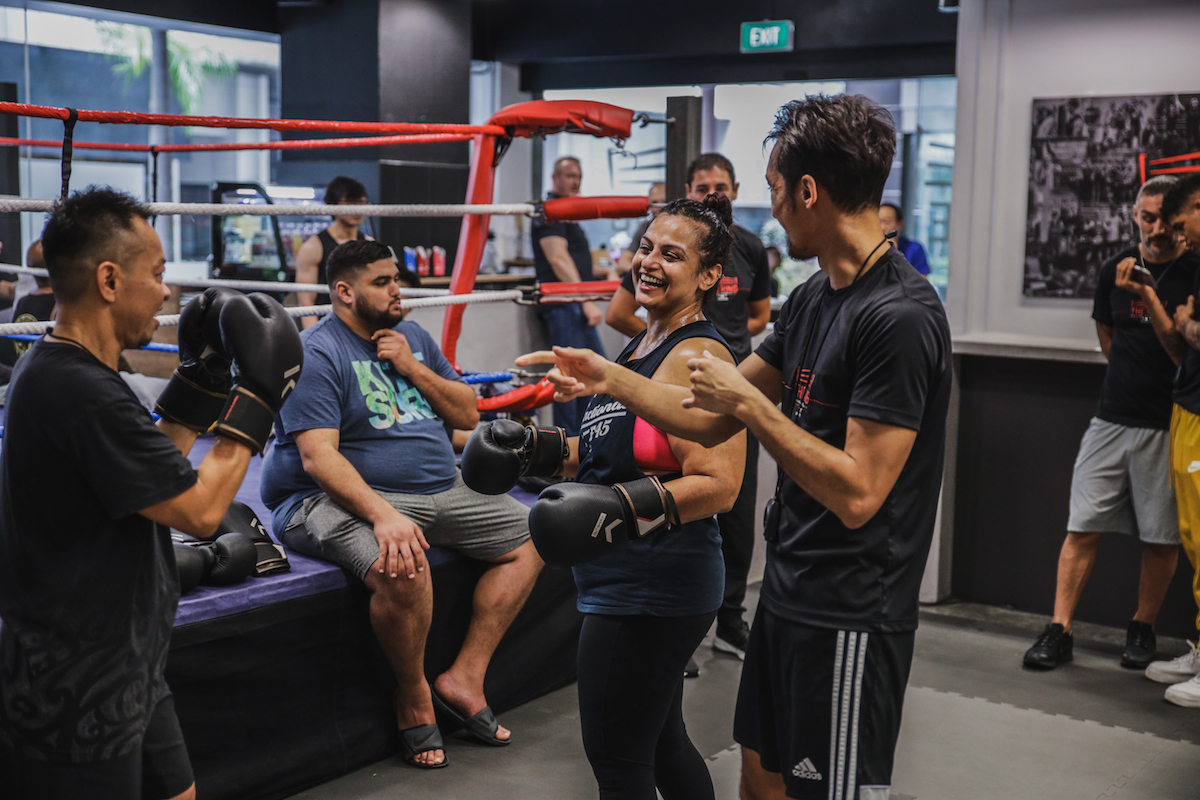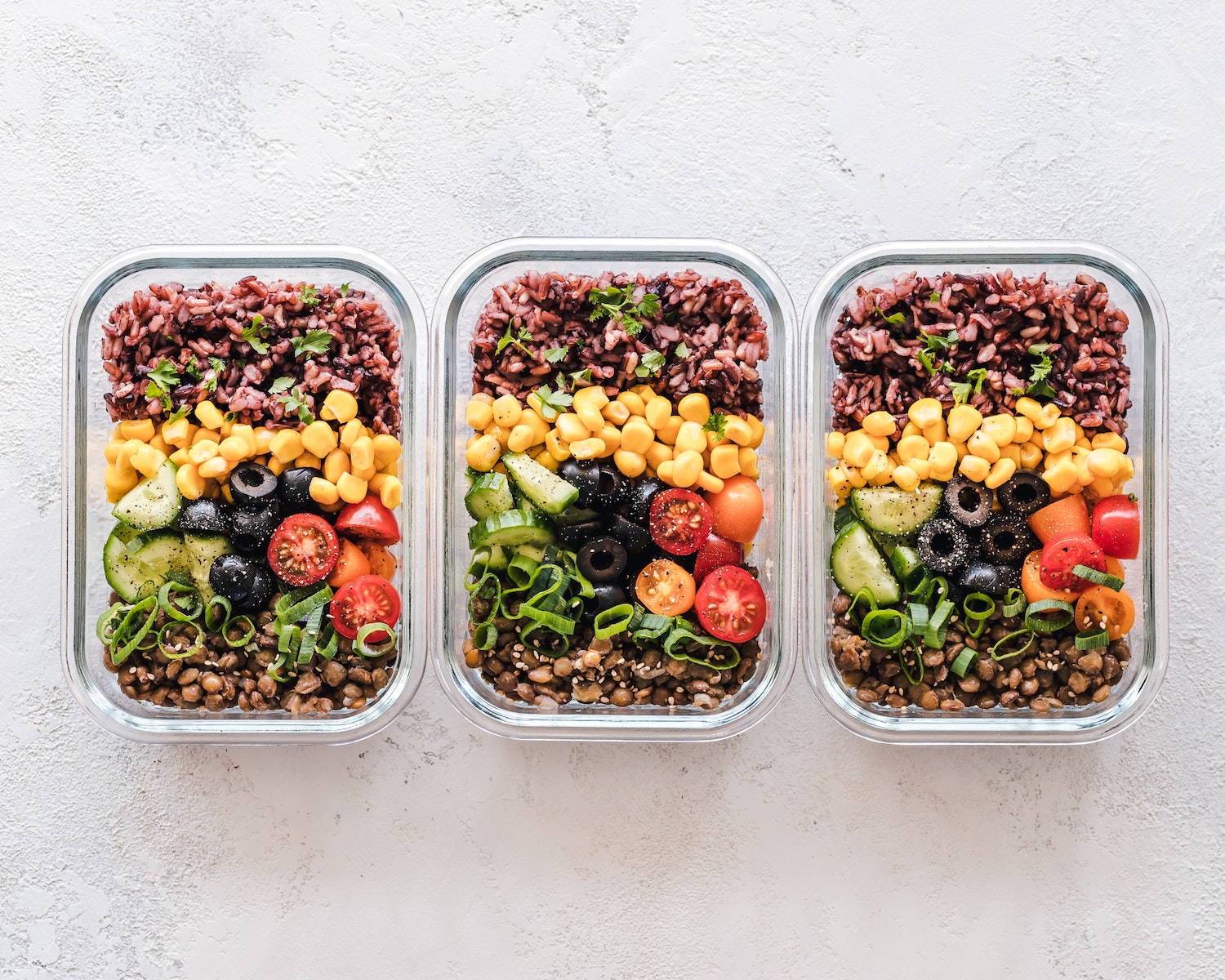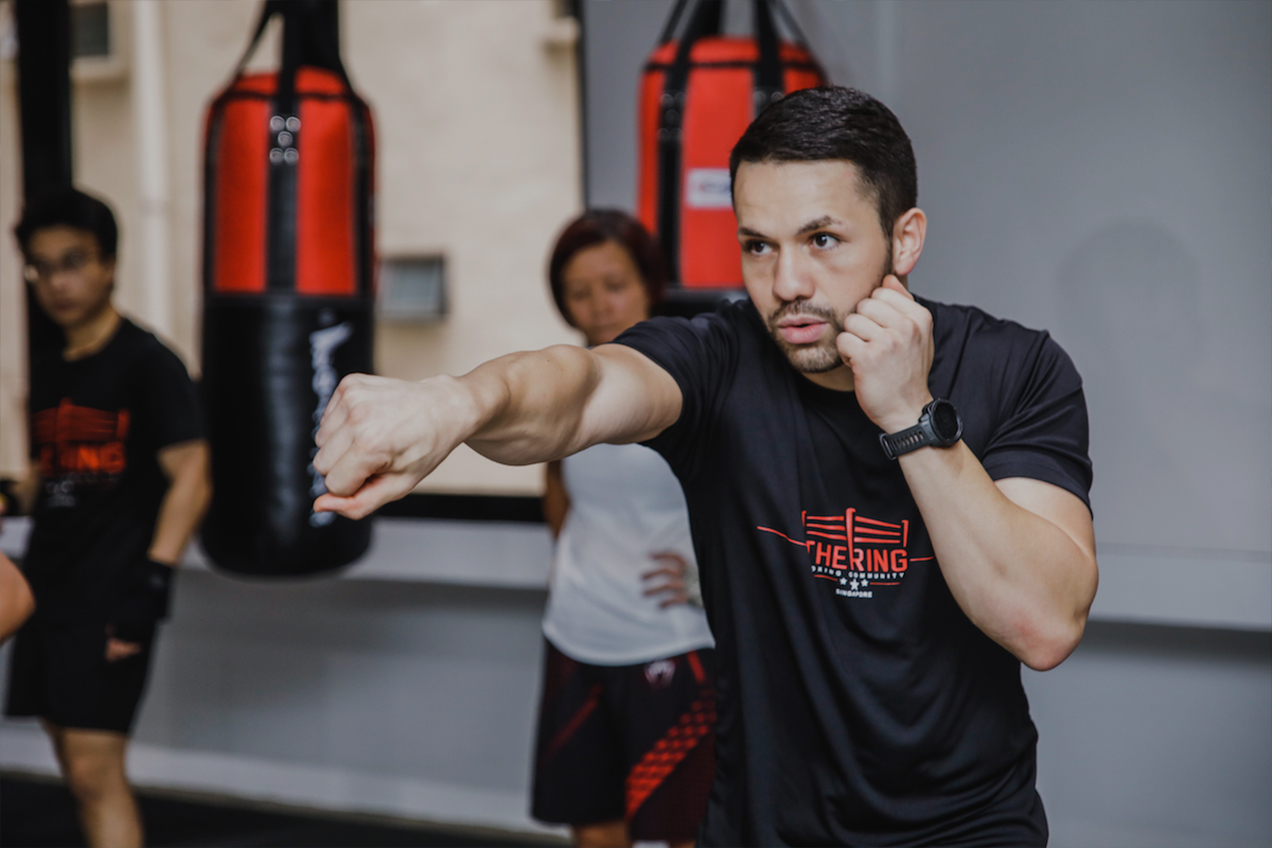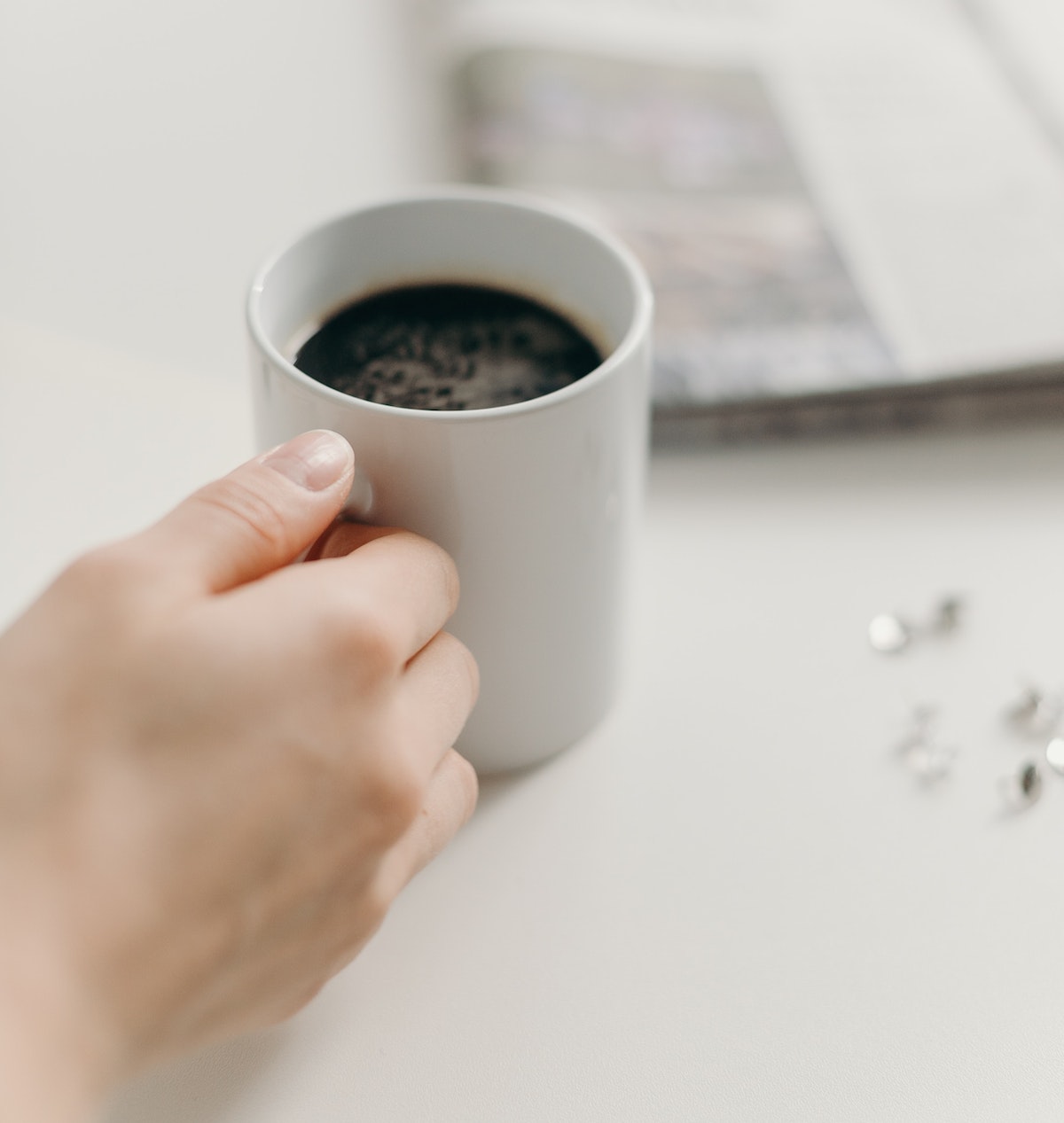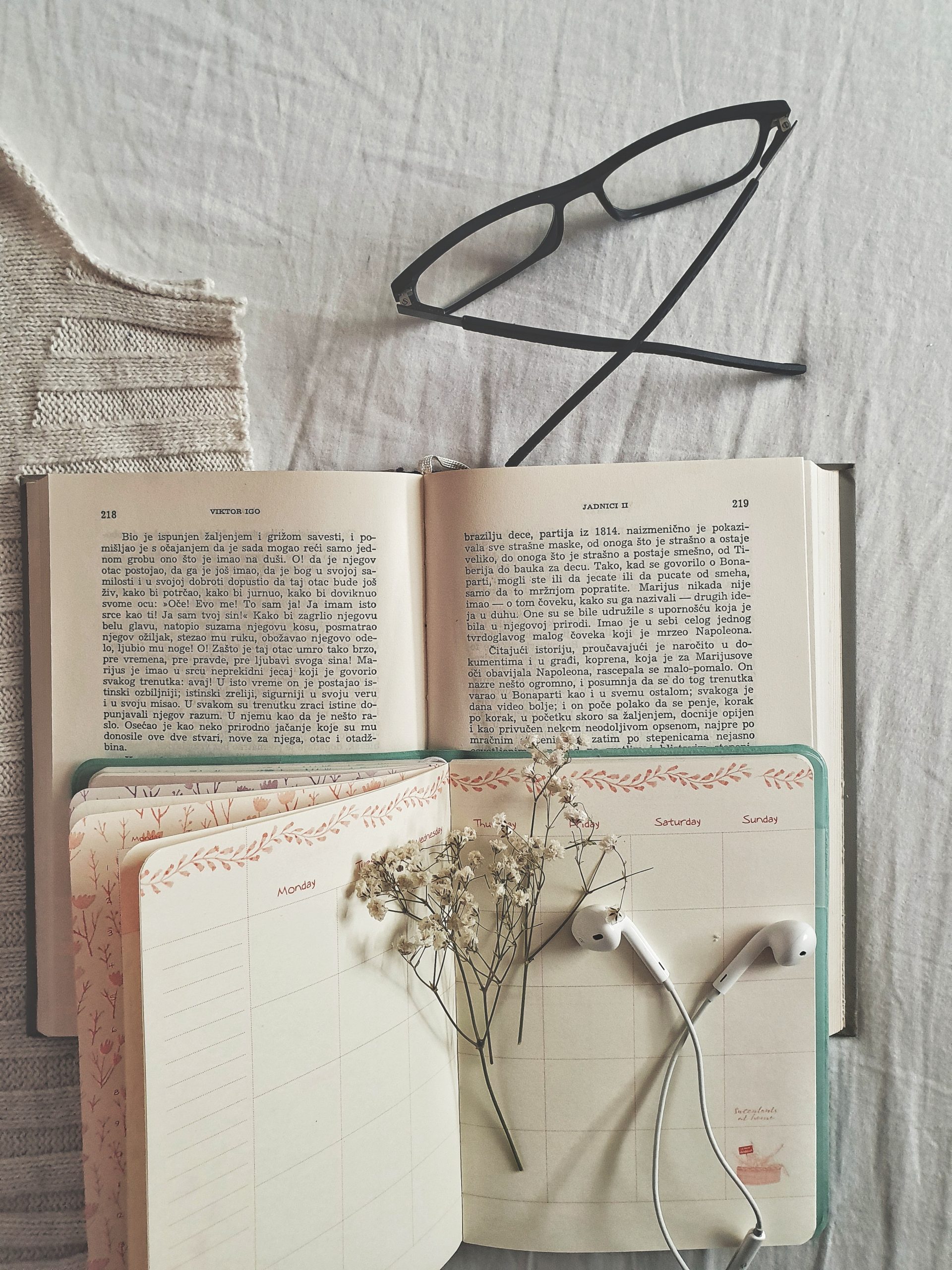Many boxers have stepped in and out of the ring throughout the years, however there are a select few who stick in our minds – fighters who changed the way we think about boxing and who inspire our own boxing styles and way of fighting.
Today, we want to take a moment to appreciate the boxing styles of some of our favourite fighters – true legends to the sport. Read on to learn more about the boxing styles of our top five fighters, Ali, Lomachenko, Pacquiao, Mayweather and De La Hoya:

Photo credits: Google
MUHAMMAD ALI
Muhammad Ali, the Greatest, was a heavyweight boxer known for his prowess inside the boxing ring as well as his charisma outside of it. Many boxers today have been inspired by his unique style of boxing which included the Ali Shuffle, the Dancing Jab and the Right Cross.
In the ring, Ali used movement and footwork, dancing circles around his opponents, working to expose openings which he could take advantage of. We’ve all heard the phrase, “float like a butterfly, sting like a bee,” – Ali did just that. He was light on his feet and danced around in the ring in a way that wasn’t often seen in the heavyweight division at the time. He would also throw obvious punches early on during the fight, allowing him to play with the mind of his opponent. This element of unpredictability in his movement and style is what many boxers try to emulate during their own fights.

Photo credits: Google
VASYL LOMACHENKO
Lomachenko is a master at working around his opponent’s space with ease, combining fight intelligence with impeccable footwork, he knows when to shuffle forward, when to retreat and when to move side to side.
In fact, it was his father who taught him how to box from a young age, but not until he completed traditional Ukrainian dance lessons. The focus on footwork during his dance lessons became instilled in him and came in handy during boxing training, feet always before fists being his motto. “All the power, all the coordination, all my victories – everything comes out of my footwork,” states Lomachenko. It is this footwork, which has given him the nickname “The Matrix,” as you’ll find him darting around the ring, agile and explosive but never off-balance. It’s as if he’s teleporting around his opponent.

Photo credits: Google
MANNY PACQUIAO
Filipino boxer, Manny Pacquiao, first came into the boxing scene in 2001, when he fought reigning IBF Super bantamweight champion Lehlohonolo Ledwaba and beat him in 6 rounds. It was Freddie Roach who then began to work with Pacquiao and harnessed his raw talent, making him one of the top fighters in the world.
His most noticeable boxing prowess comes from his footwork and foot speed. Being fast on his feet he is able to quickly distance himself from his opponent and return safely out of range in between bursts.
Once within range of his opponent, Pacquiao has a lot of punching power. His speed, punching power and stamina to put punches together in large numbers is what makes him stand above the rest.
It’s not unusual to see him reel off six, seven or even eight punch combinations when he fights and these power punching combinations, together with his footwork, are what has made Pacquiao so effective as a fighter.

Photo credits: Google
FLOYD MAYWEATHER
Floyd “Money” Mayweather Jr. is best known for his impregnable defense. If you believe that the art of boxing is about hitting whilst not getting hit – Mayweather embodies this phrase.
His shoulder-roll defense is one part of why his style is so effective defensively, this combined with the speed and accuracy with which he fights has given him legendary status within the boxing world.
Mayweather positions himself side-on and his stance give his opponents very little to aim for. In addition to his defensive boxing stance, Mayweather has fast reflexes as well as a strong boxing IQ – enabling him to know when he should be dodging punches and when he should be swinging punches.

Photo credits: Google
OSCAR DE LA HOYA
During his career, Olympic gold medalist Oscar De La Hoya fought his opponents strategically and also with KO power. De La Hoya is a complete fighter who is technically proficient, intelligent in dissecting his opponents and has power in his punches – a throwback to the fighters of boxing’s golden age.
But, did you know that he was born a southpaw but fought in an orthodox stance? His lead left hook was devastating and his combination of speed and power matches up with any of the great boxers out there. He even revealed that it was his left jab that he used to finish his opponents during his fighting days.
Who inspires your boxing style? Come visit us at The Ring, experience Boxing Singapore and show us how you fight!


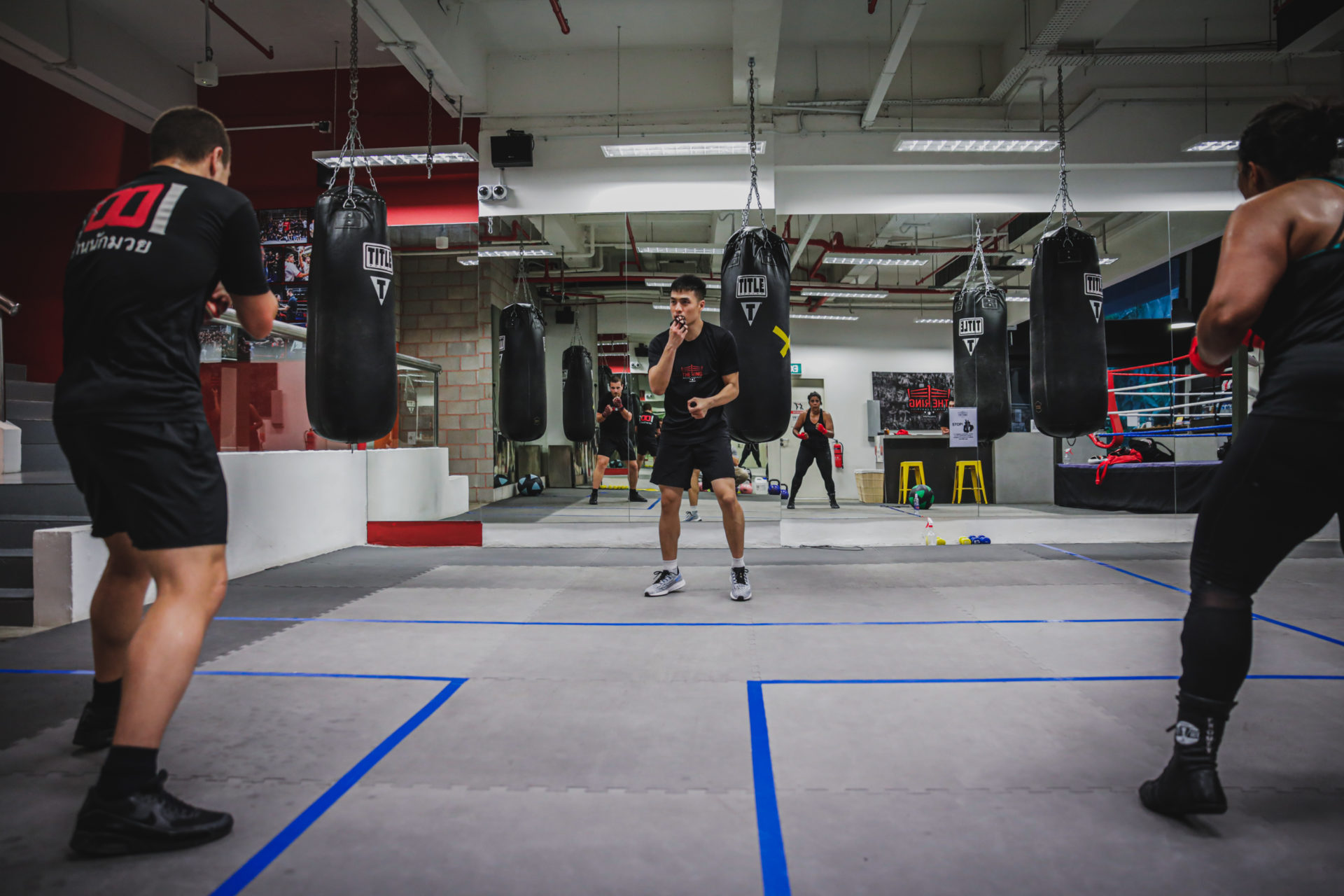
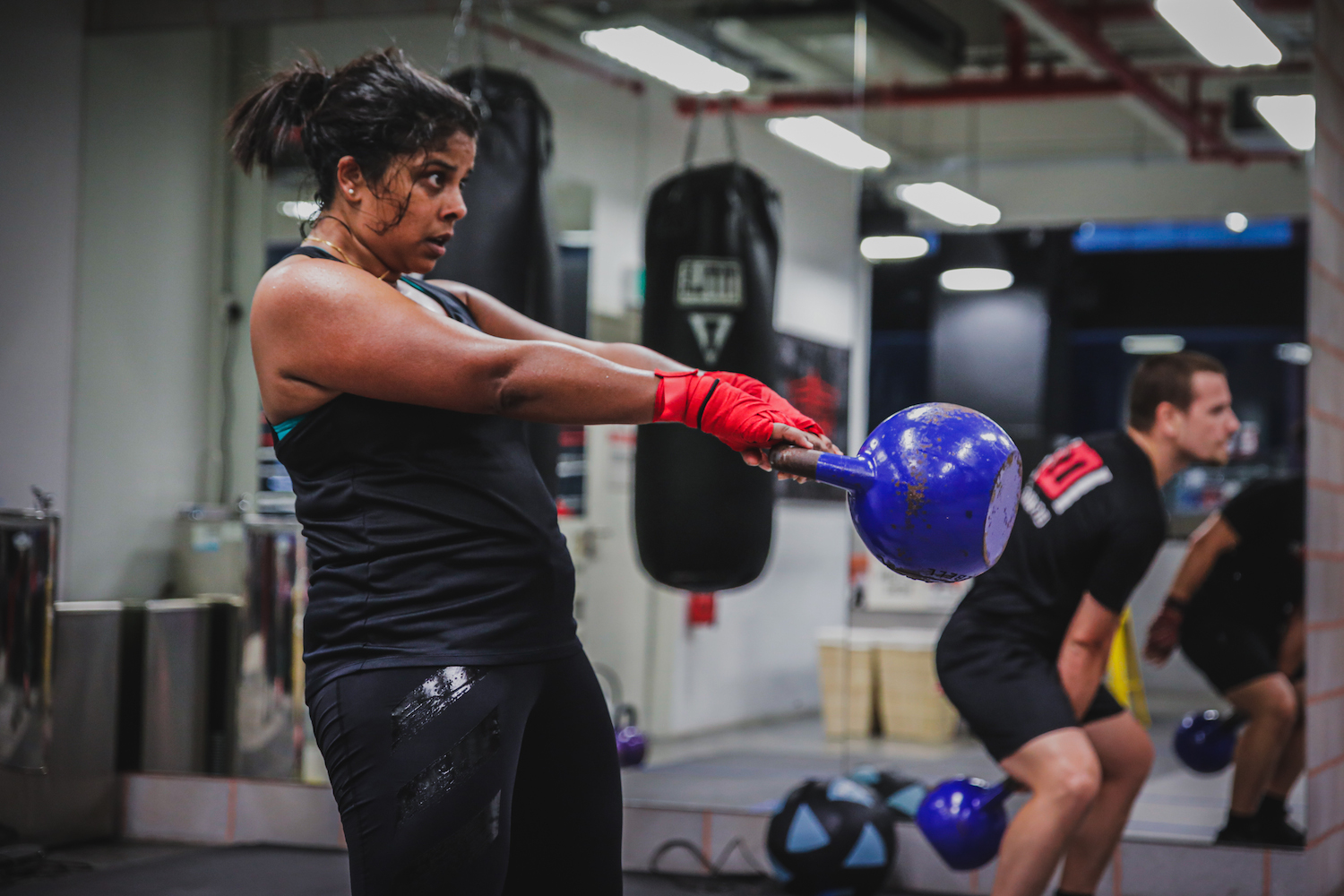
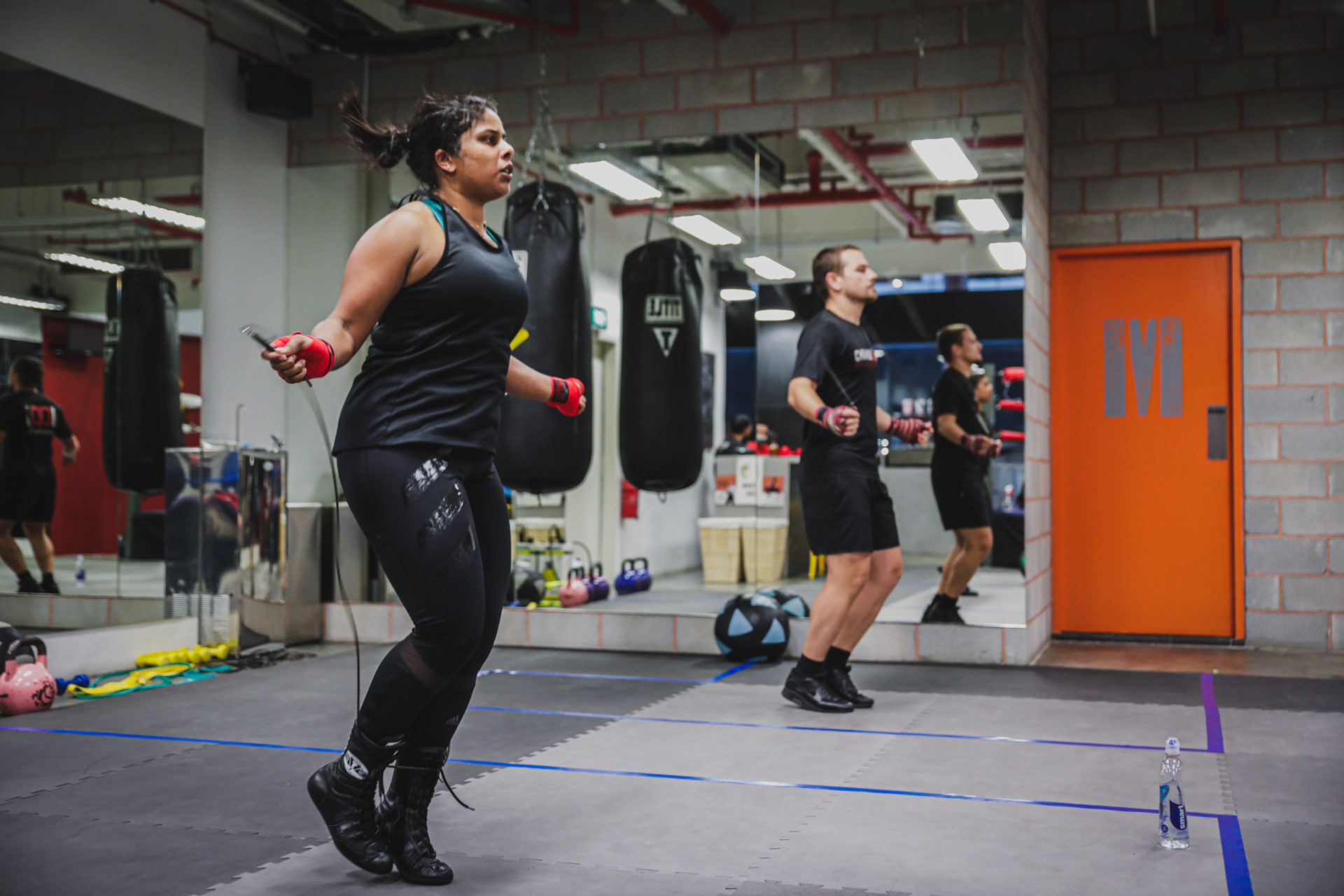 WARM UP
WARM UP

